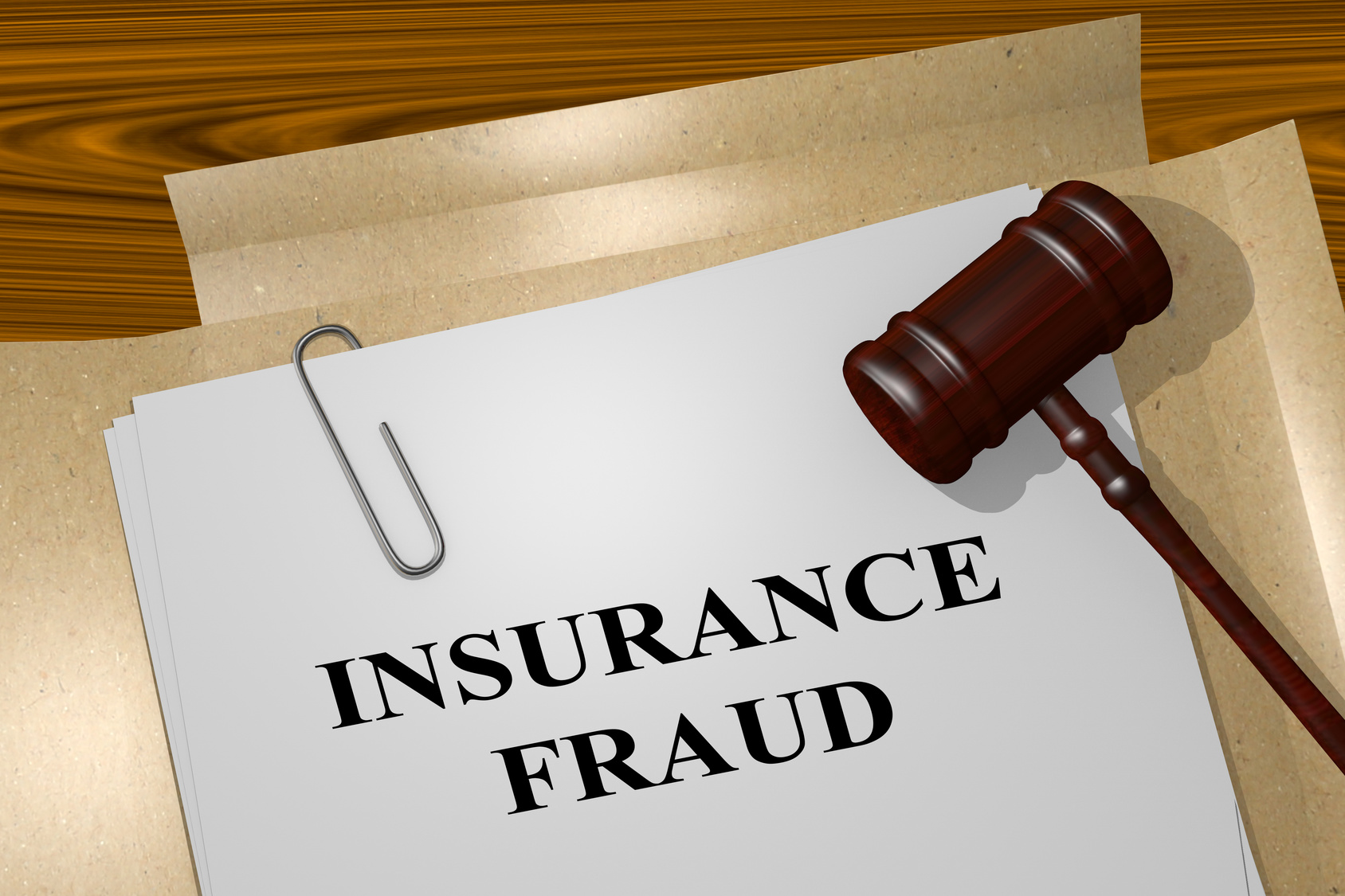Report of Death of a U.S. Citizen or U.S. Non-Citizen National Abroad
(Also known as United States Department of State Form Number DS 2060) By Harold E. Nester Worldwide Resources Inc. Insurance Claim Investigations Recently we have been assisting a life insurance company in processing a death of a Green Card Holder who left the United States on a pleasure trip to his country of birth. While … Report of Death of a U.S. Citizen or U.S. Non-Citizen National Abroad





